
Atrial Fibrillation
Advertisement
Gender disparities persist in clinical trials related to atrial fibrillation (AF) management.
Physicians leveraged a surgical technique to achieve partial cardiac denervation, reducing the incidence of POAF post-CABG.
A recent study evaluated the association between resting heart rate and incident atrial fibrillation in Black patients.
Mortality rates among inpatients with HF who undergo AF catheter ablation are relatively low.
LAAO in elderly patients with atrial fibrillation demonstrates similar efficacy to those seen in younger patients.
People with amyloidosis have a significantly higher prevalence of atrial fibrillation.
In approximately 50% of patients, pulmonary vein isolation (PVI) successfully treats persistent AFib at one year.
Théophile Mohr-Durdez, CEO and co-founder of Volta Medical, talks about streamlining workflows for electrophysiologists.
People who quit smoking have a lower risk of atrial fibrillation than people who continue to smoke.
The EPIC-CAD trial addresses a crucial question in managing patients with both atrial fibrillation and stable CAD.
PVI results in clinically important improvements in both symptom burden and quality of life compared with a placebo.
Patients with inflammatory bowel disease have a significantly higher risk of developing atrial fibrillation.
Monitoring heart rate and physical activity using a wearable device has clinical value.
Both rare and common genetic variation is associated with an increased risk of atrial fibrillation.
A recent study found that 73% of patients with ATTR-CA had AF at diagnosis.
Radiofrequency-based ablation is highly effective for patients with atrial fibrillation.
People who are exposed to even small amounts of secondhand smoke have a greater risk of developing atrial fibrillation.
According to a study, more patients with AFib are likely to experience heart failure rather than stroke or heart attack.
Treating gum disease soon after catheter ablation to correct atrial fibrillation may lower the risk of recurrence.
Adults who drink 2 liters or more of sugary or artificially sweetened drinks per week have a higher risk of AFib.
Advertisement




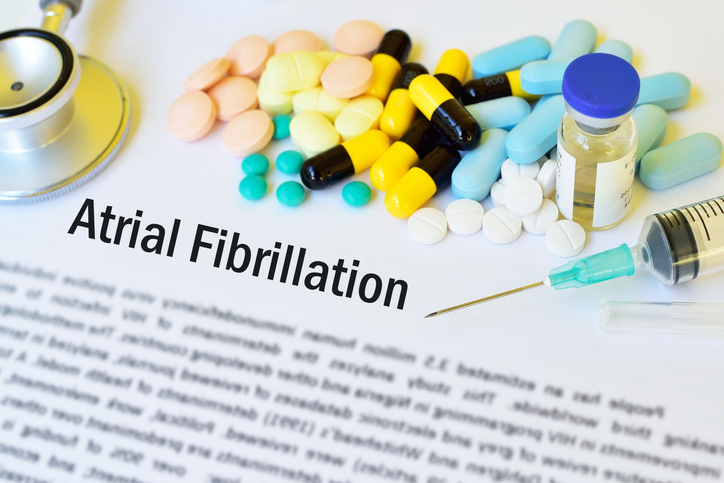
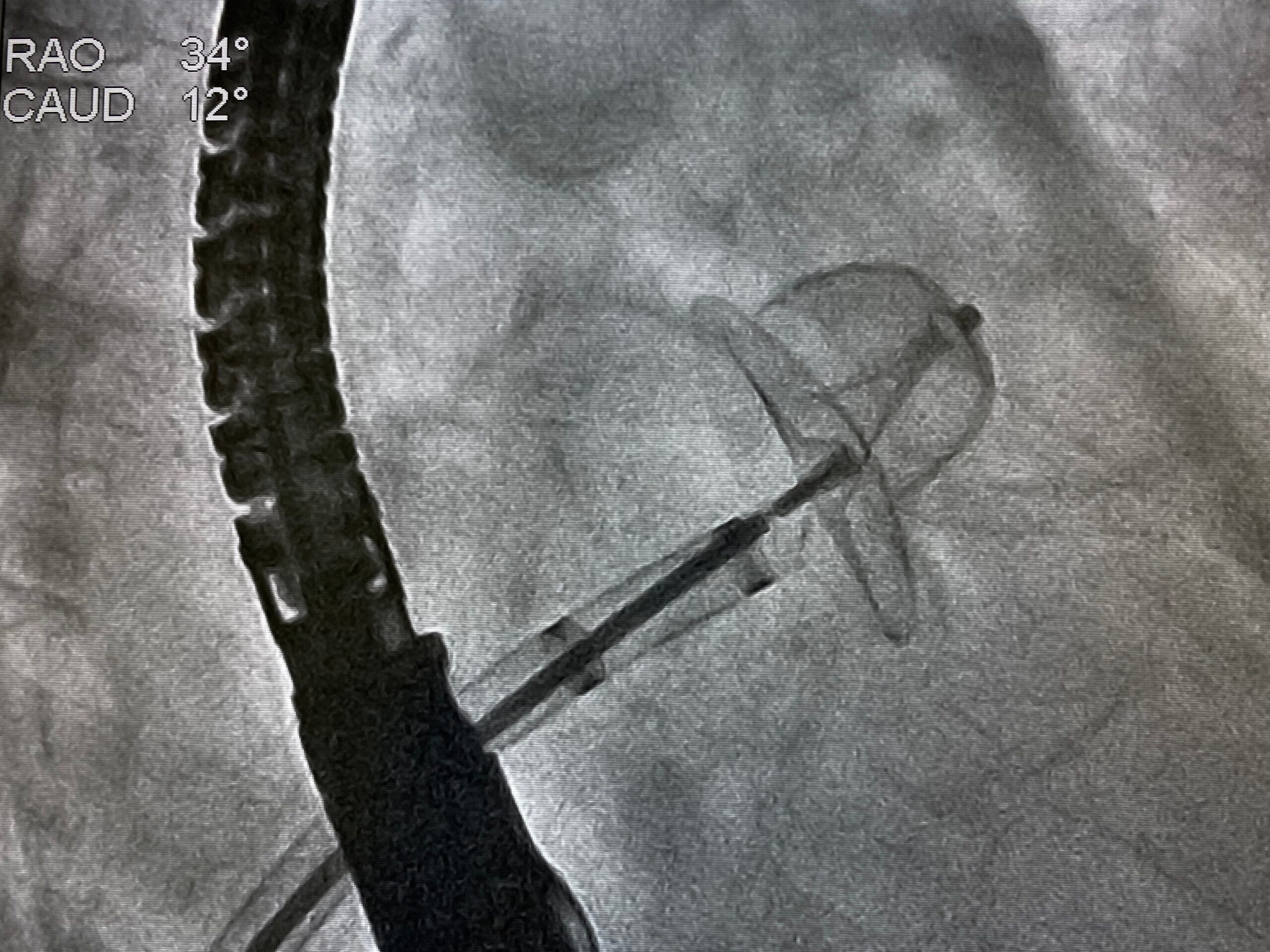
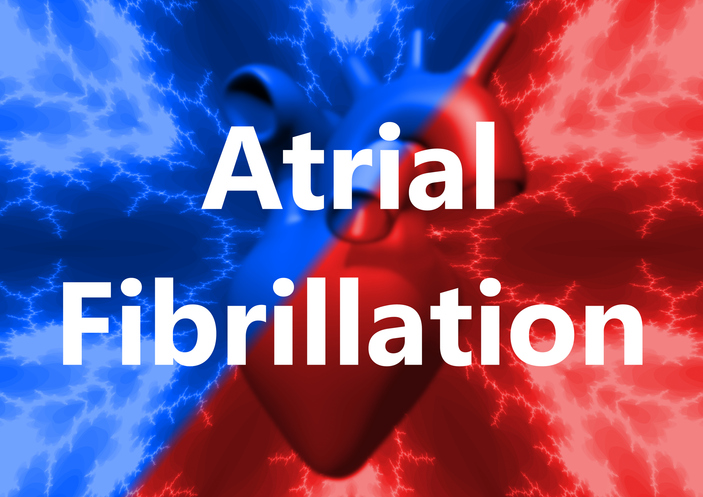
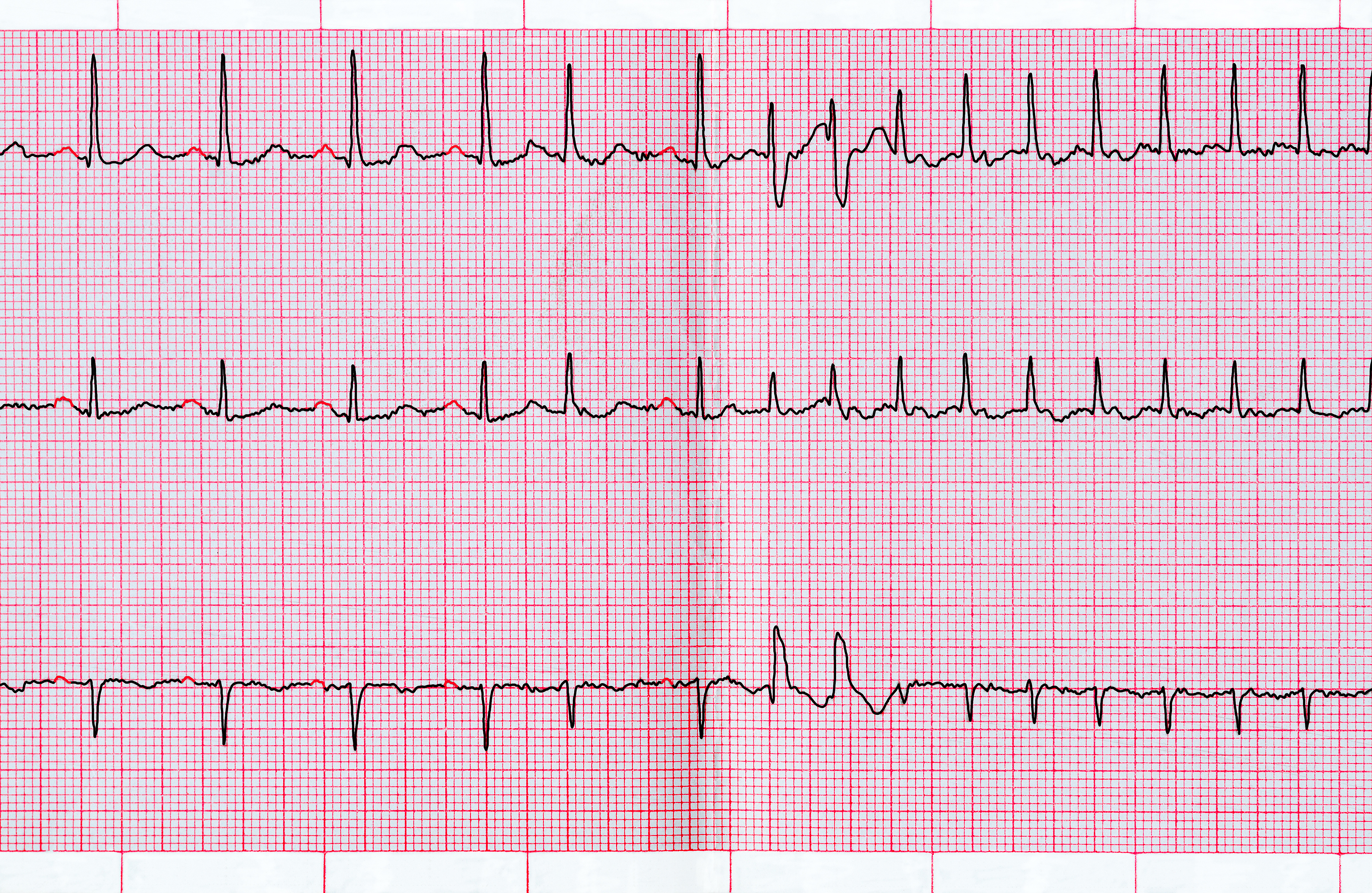



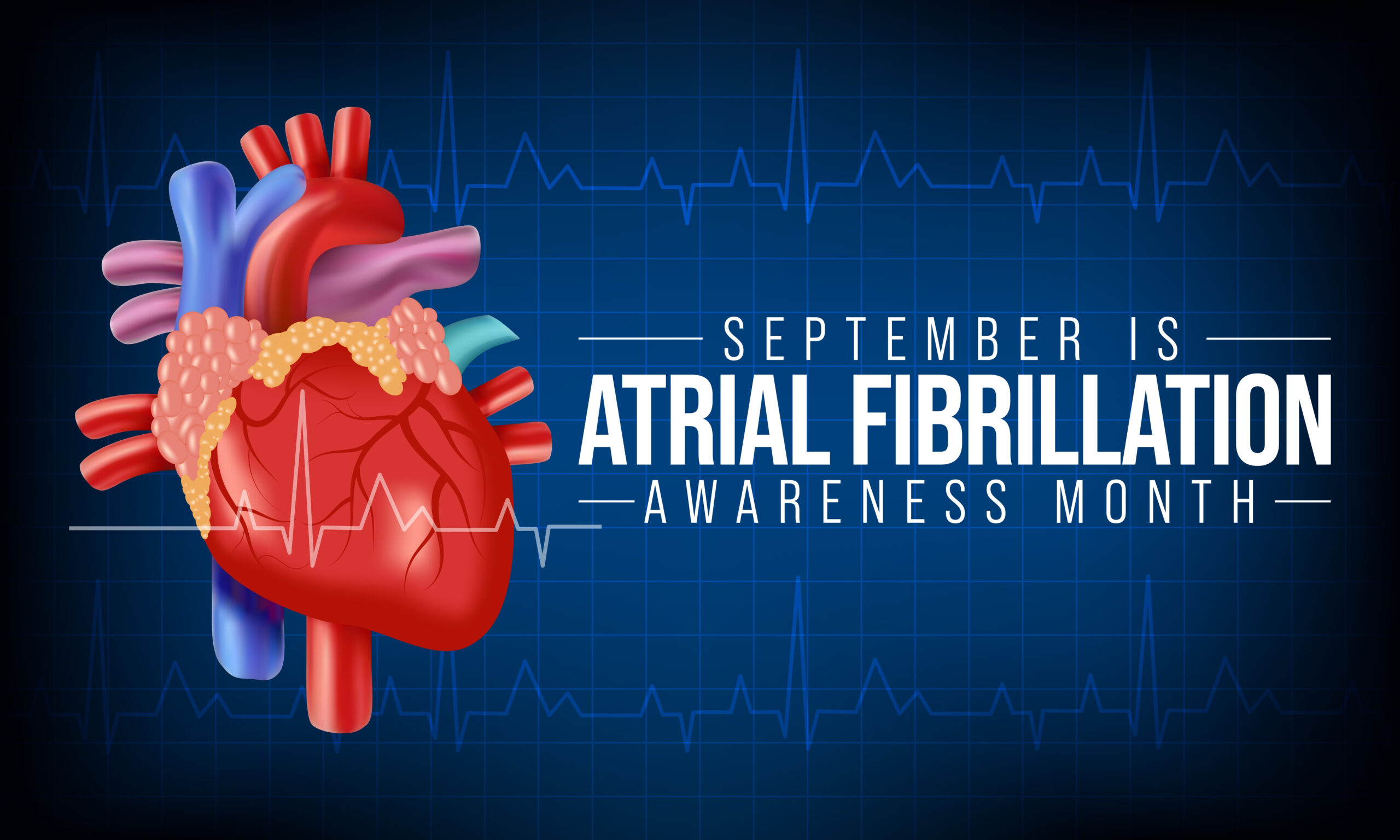

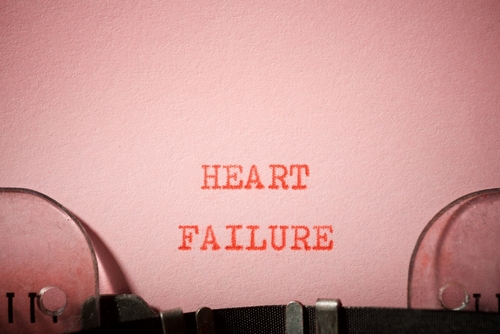
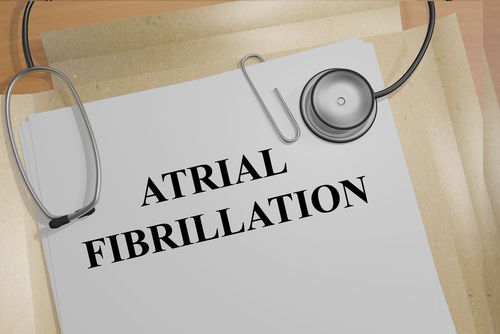
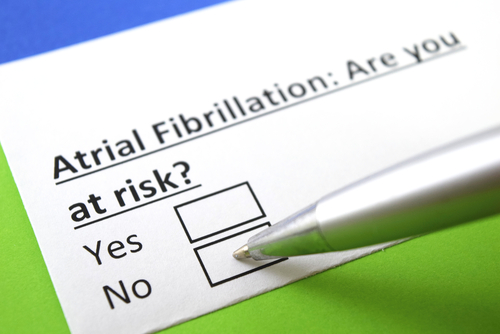
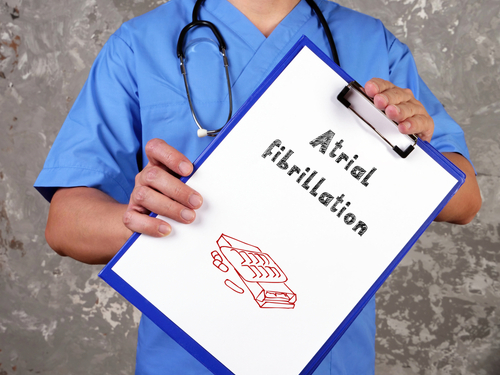

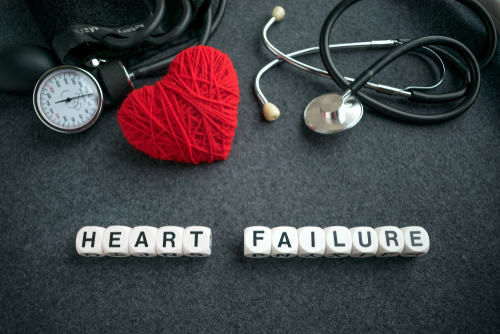
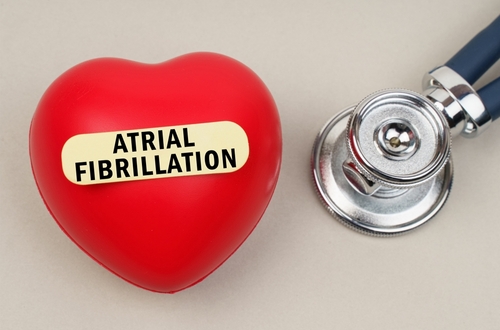


 © 2025 Mashup Media, LLC, a Formedics Property. All Rights Reserved.
© 2025 Mashup Media, LLC, a Formedics Property. All Rights Reserved.